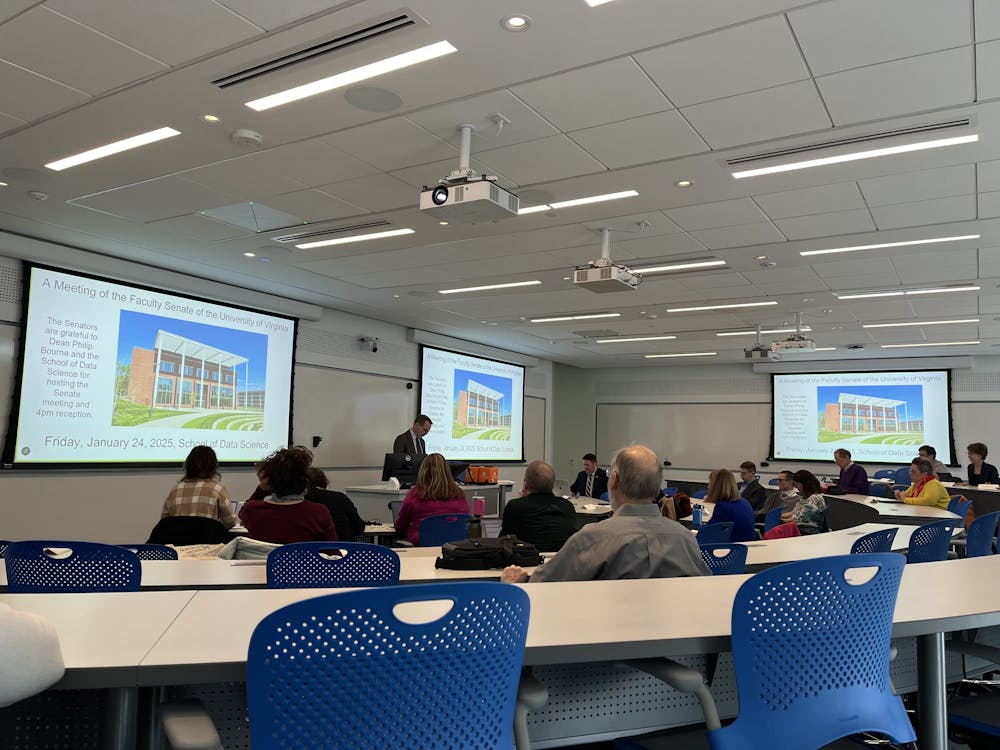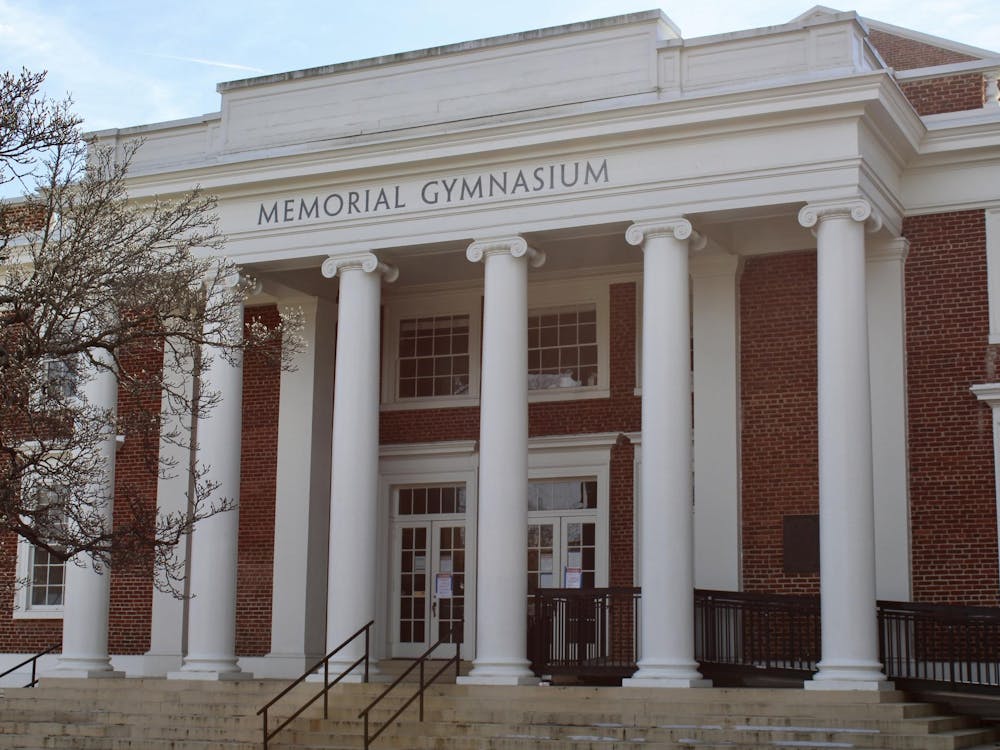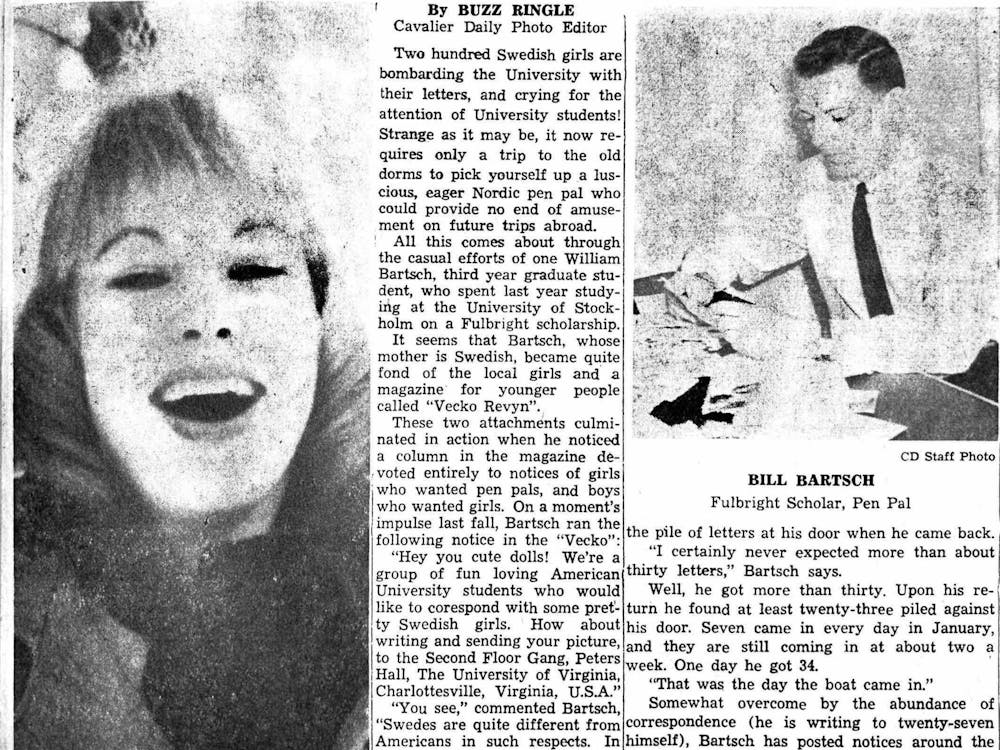At its Friday meeting, the Faculty Senate announced a motion which was passed in December to secure long-term job commitments for general faculty. They also discussed the impact of recent presidential executive orders on the University and plans to protect academic freedoms under the new Trump administration. The Senate also discussed aspects of its proposed free expression initiative.
PROV-004 outlines the employment terms for Academic General Faculty — faculty focused on teaching, research, professional practice, librarianship or clinical service. Under the current policy, faculty without promotion lack long-term job security, according to the General Faculty Council which proposed the revisions. The revisions would allow Academic General Faculty, who are tenure-ineligible, to earn long-term employment commitments after a sixth-year review, even without achieving promotion.
The motion passed with 31 votes in favor, 26 against and seven abstentions. Because the Senate is an advisory body, the revisions it outlines will not take effect until the University president and Board of Visitors approve them.
Following the meeting, Faculty Senate Chair James Lambert encouraged faculty members to share their perspectives on the proposed revisions with administrators.
“[PROV-004] is advisory from the Senate to the provost,” Lambert said. “They are asking for input from all the faculty this spring — and this is only part of that — so we're encouraging all faculty to speak up.”
The Faculty Senate also heard from Ian Baucom, executive vice president and provost. Baucom announced to the Senate that he will step down from his position at the University immediately following the March Board of Visitors meeting, to prepare for his transition into a new role as President of Middlebury College July 1.
Pivoting to national politics, Baucom reassured faculty that the University would continue to monitor new executive orders which might affect academic freedoms. He followed this statement by affirming the University’s commitment to its core values of academic and personal freedoms, noting that these principles would not change.
“We stand for the freedom of faculty and staff and students to pursue the studies they wish to pursue, the research they wish to conduct, and the questions they wish to ask staff.” Baucom said.
After providing these updates, Baucom invited Margot Rogers, vice president for strategic initiatives, who works to address national issues which impact the University, to provide a more detailed update on the implications of several recent Executive Orders signed by President Trump.
Rogers said that the executive orders most likely to affect the University are those that will make adjustments to federal research funding, visa and immigration policies and guidelines for international travel.
Rogers also emphasized that the University is focused on ensuring that all students and faculty who might experience immediate impacts know where to go for help.
“We're trying to make sure that the people who might feel a very immediate impact, know where to go for help,” Rogers said.
Rogers cited the International Students and Scholars Office as an example of a place impacted students can go. This office is prepared to assist with questions regarding visas or international travel as these changes take effect.
She also said that the day before, some law students were informed they had lost the jobs they had been anticipating in the Honors Program of the U.S. Department of Justice this summer. She noted that the University’s Law School Career Services quickly reached out to those students to support them in the process of finding another job.
Julia Smith, executive director for federal relations and special assistant to the president, who oversees all federal advocacy and lobbying efforts for the University, provided additional context on these political effects. She explained that while the executive orders may seem jarring, this is not the first time the University has encountered such challenges, noting a similar situation during President Trump’s first term in 2017.
She added that if any of these changes present challenges to the University or its research enterprise, they will leverage available resources to address them. Smith also shared that she has been in contact with most members of Virginia's Congressional delegation and both Virginia Senators Mark Warner and Tim Kaine, two Democrats who are actively following these issues.
“[Warner and Kaine] are sending their support, and they want you all to know that they're not taking this one sitting down,” Smith said.
Later in the meeting, Scott Ballenger, assistant professor of law and general faculty director, announced that the provost's office has offered up to $50,000 in funding for the Faculty Senate’s Free Expression Programming Initiative, which will focus on free speech and academic freedom. He said there are no concrete plans for the initiative yet, but proposed an idea to host a series of moderated debates.
Ballenger also suggested topics for these debates — including exploring the boundaries between academic freedom and misconduct, as well as current academic controversies. He mentioned that discussions will involve a variety of participants, emphasizing bringing in diverse perspectives. Ballenger encouraged members of the Faculty Senate to volunteer to help organize the initiative and to moderate these discussions, saying he was eager to launch the initiative soon.
The Faculty Senate’s executive council is set to meet on Feb. 7, with a full Faculty meeting scheduled for Feb. 14.






